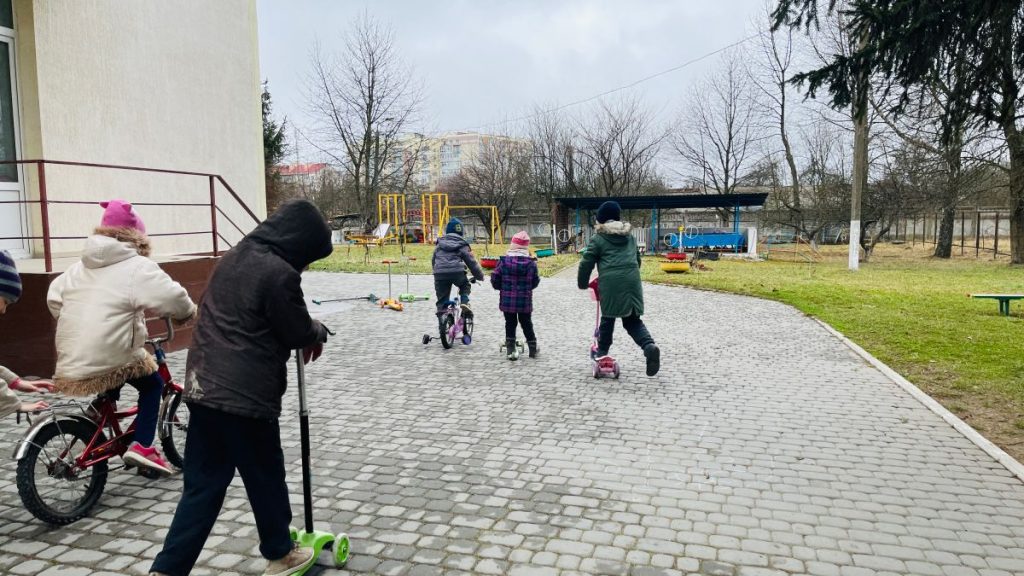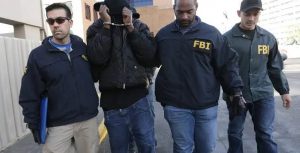Americans have rushed to rescue Ukrainian orphans. One mission led to a child trafficking probe

The 9-year-old boy who Scooter Brown and his wife, Vicki, had started the process of adopting was among those hiding in the basement of an orphanage in central Ukraine as three Russian missiles soared overhead and slammed into a Ukrainian military base about 60 miles away.After that episode, the Browns took matters into their own hands.Brown, a burly and bearded former Marine who fought on the front lines of Iraq in 2003 and whose namesake band has produced songs with titles such as “Guitars, Guns, and Whiskey” and “Wine Drunk,” convinced a “special forces buddy” to join him overseas. They worked with a small Nashville organization run by another military veteran in an attempt to rescue the Browns’ future adoptee and a handful of other kids; Brown’s wife arrived later to provide additional support.Americans who take extreme measures to get orphans out of harm’s way and into the United States say many of these kids lack parental advocates and are eager to join a family in a stable setting, even if just temporarily.”We just want the kids to be here with us in a home and a family surrounded by people that they know and love,” said upstate New York resident Melissa Nowicki, who had hosted — and is now trying to adopt — an 11-year-old boy who was among the more than 60 orphans the Washington state lawmaker, Matt Shea, helped evacuate in March. Shea, a pastor who is trying to adopt four of the kids himself, did not return emails or calls from CNN seeking comment, but on a rightwing Christian podcast, he blasted local newspaper reports about the matter as “fake news” — even though he did not reply to their requests for comment — and accused the reporters of bias.
In any case, independent missions to move orphans out of the country could set a precedent that makes it easier for other kids to become unaccounted for, and ultimately exploited or even trafficked, experts warn. Numbers are in short supply, but reports are already coming in of children going missing after they cross the border, said a spokesperson with Save the Children, a humanitarian organization that assists kids during conflicts and other emergencies.Some groups heading into the danger zone don’t have proven track records of being able to care for children or operate in combat areas, experts say. What’s more, most kids living in Ukrainian orphanages have parents or family who are still their legal guardians, according to the US Department of State, so sending anyone abroad in haste during times of turmoil runs the risk of separating kids from their immediate or extended families. The State Department added that the Ukrainian government does not approve of Ukrainian children traveling to the US for temporary travel at this time.”The dust has got to settle,” said Mark Davis, who runs a nonprofit called Abundance International that works with many of the orphanages in Ukraine. “You can’t just grab a child and take them home.””We were only saving the children from possibly getting killed,” Lobanov said.Looking back, the Browns say, they realize they could have had more patience and waited longer before springing into action. But at the time, they were panicked and didn’t know what else to do or what was going to happen — saying it felt like a “life or death” situation. “I really did feel like if I didn’t do it, then who’s going to?” Vicki said. “I wanted to be there for him and for him to know that he is safe and that we love him … I wanted him to see, ‘they’re here, they came for me.’ I wanted us to show up for him.”







